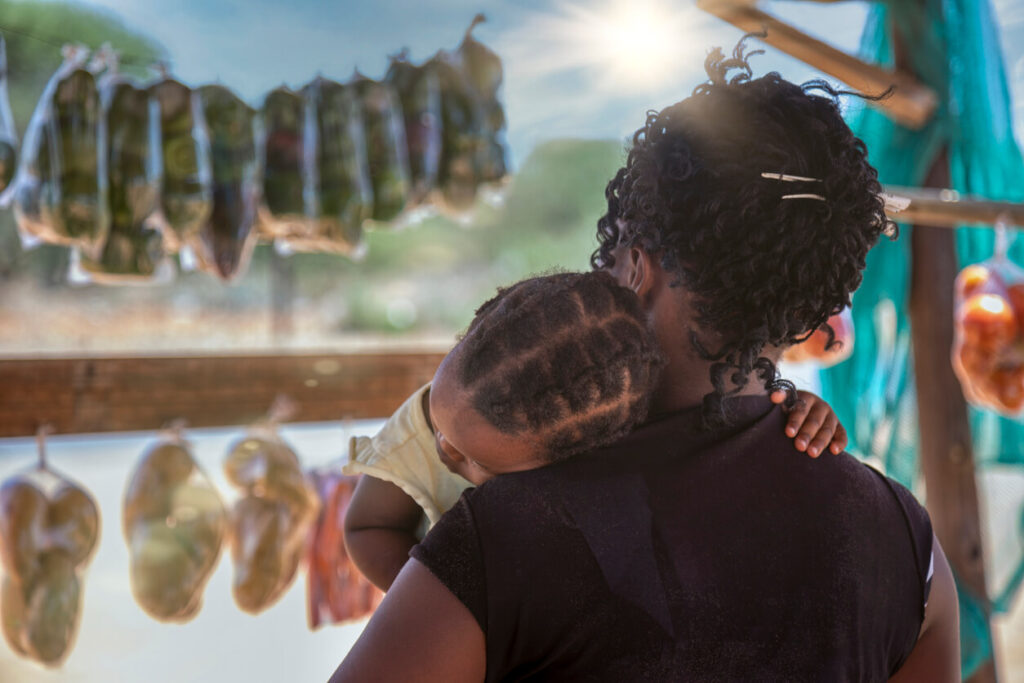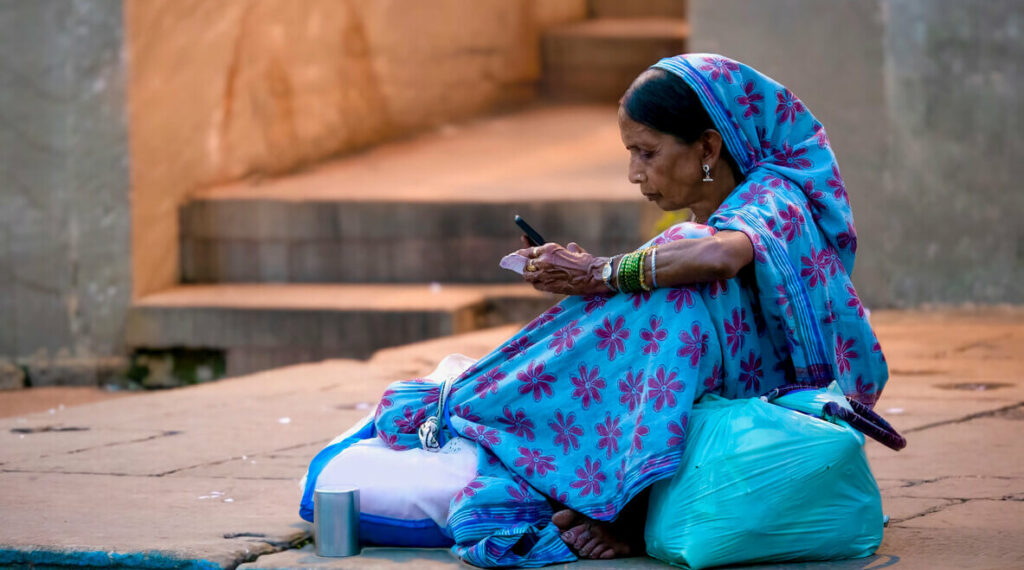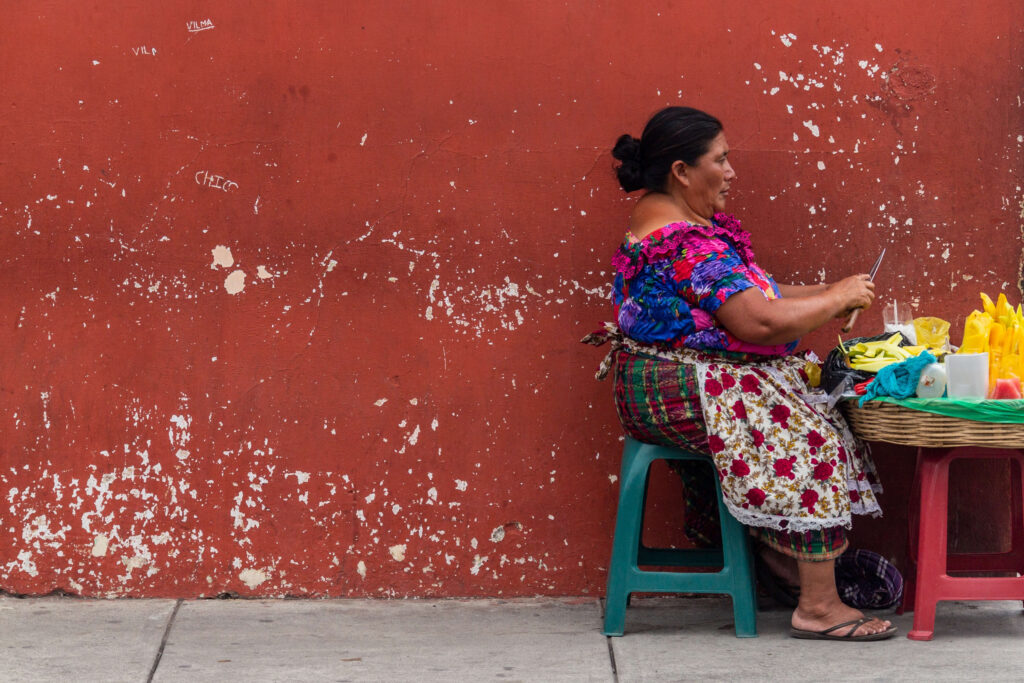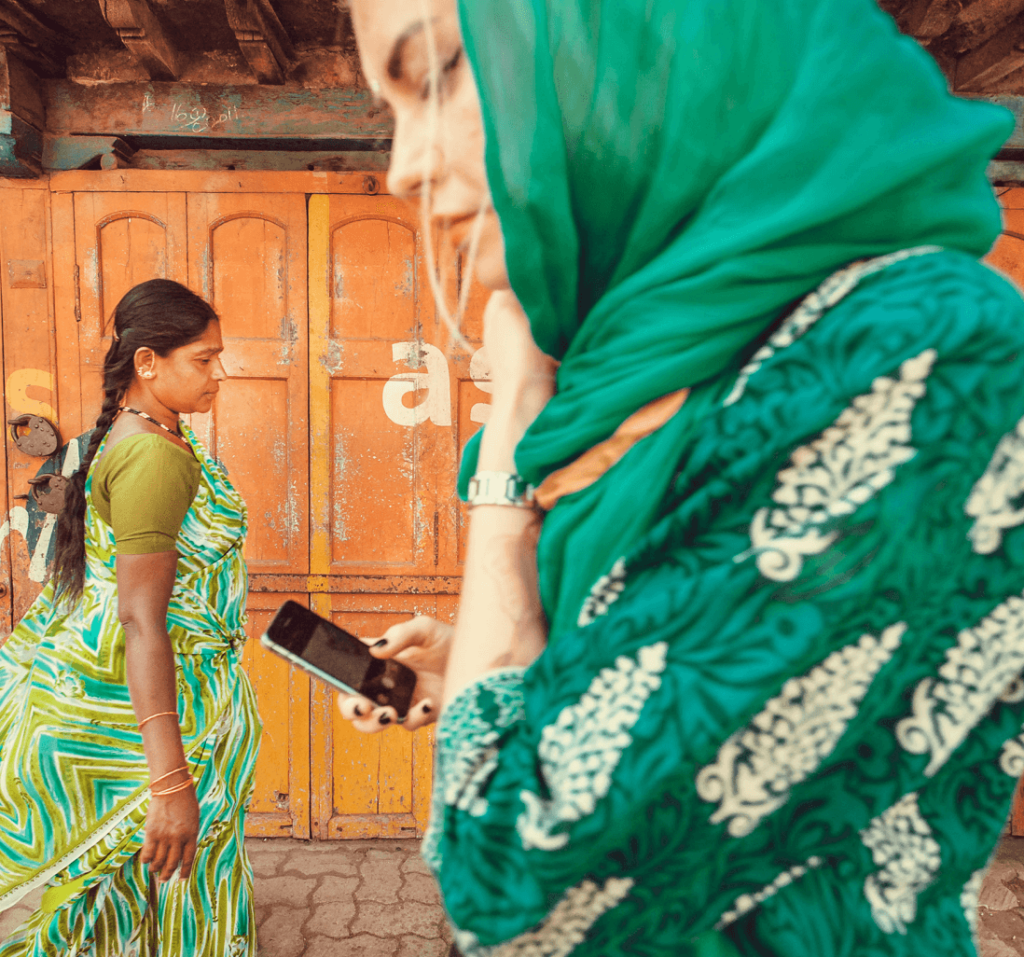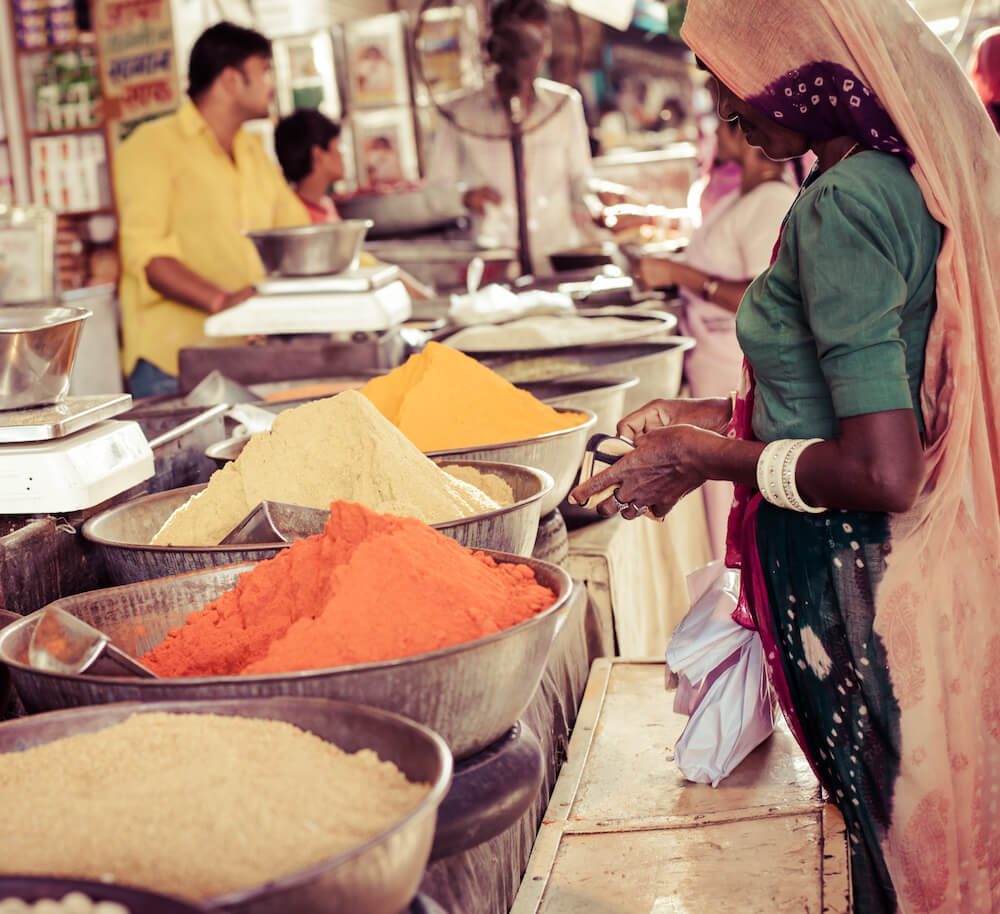
This post was originally published on FinDev Gateway.
Countries around the world have been heavily impacted by COVID-19. The IMF predicts a substantial decline in global GDP compared to 2019, with a contraction projected for emerging and developing economies to be at least 1 percent, compared to 2.9 percent growth in 2019. The full account of how the pandemic will play out in these countries will depend on many variables, including how long the outbreak lasts as well as the ramifications of the measures to contain the virus. Many have already seen significant disruptions in trade, global value chains, foreign direct investment, capital outflows and remittances. This situation is made worse by these countries’ limited domestic capacity, weak health infrastructure, and competition for scarce medical supplies and food during the pandemic, creating pressure on the prices of these critical goods.
Policymakers and global bodies, such as the UN, the World Bank and the IMF, have all stepped up to respond to the unprecedented impact of COVID-19 on the global economy and GDP growth. The World Bank and IMF have announced that each has committed $18 billion to support African countries to address the pandemic. In the meantime, countries are responding with immediate actions to reduce the impact of COVID-19 on their economies. Keeping up with the flurry of different measures taken at the policy level has been difficult, but actors, such as the IMF, the IIF and AFI, have set up trackers to help stakeholders stay abreast of the rapidly evolving landscape.
The rapidity of government and regulator responses to the economic and social impact of COVID-19 has left many important sectors and social groups under-represented.
However, the rapidity with which governments and regulators have had to respond to the economic and social impact of COVID-19 has left many important sectors and social groups under-represented in those responses. While some countries do have highly effective microfinance associations that have informed government responses, there are many countries where microfinance institutions and their clients – particularly those that are credit-only – have been largely left out of the dialogue. The recent effort by stakeholders in India to lobby the Reserve Bank of India to extend the moratorium on the banking sector to non-bank financial companies is one case in point where local action has yielded positive outcomes. Nonetheless, few countries have the local advocacy capabilities that India has, leaving a potentially significant gap in awareness of what is needed to support the microfinance sector during the pandemic, and few institutions have the wherewithal or the influence to raise these issues at this time.
Focus on Fiscal Stimulus Is a Win-Win
Most countries are embarking on fiscal stimulus, such as expanding social transfers to affected households, providing direct support to micro and small enterprises, and expanding investments in the health sector. These measures support the ability of consumers and firms to continue to operate during the shutdown, essentially increasing the demand for goods and services in the economy. These efforts are considered a win-win for both households and firms, as they enable firms to retain their workers and people to sustain their purchasing power, ultimately keeping the economic engines running.
Where feasible, countries should look for opportunities to channel these stimuli using digital channels to support widespread digital adoption. When such channels are not available, countries should explore working with microfinance institutions as partners to reach population segments that may otherwise be left out.
Financial Sector Policy and Implications for Non-Bank Actors
Countries are also taking steps to help the financial sector manage the crisis, including the following policy measures:
- Relaxation of provisioning requirements
- Re-classification of deferred loans
- Relaxation of minimum capital adequacy requirements
- Relaxation of collateral requirements
- Liquidity support to the banking system
Depending on a country’s legal and regulatory system, microfinance institutions may or may not be covered by the aforementioned policies. Because MFIs are a critical lifeline to the bottom of the pyramid (BOP), regulators and policymakers should engage directly with local advocacy groups or technical specialists who can provide guidance on how such policies may have differentiated impacts on various categories of institutions, whether they are non-bank financial companies, non-profit organizations, cooperatives or deposit-taking institutions.
In cases where MFIs are not covered by the policy measures intended for the banking sector, efforts should be made by policymakers to solve similar liquidity, provisioning and other constraints that these institutions face. Like in the case of India, regulators should engage with institutions that serve the BOP to ensure that prudential regulations do not inadvertently cut off a critical lifeline to these actors in the financial system or create an unlevel playing field. This also applies to government decisions relating to loan moratoriums. Policymakers should work closely with MFIs to find the right balance between helping clients in times of stress and preserving the long-term financial viability of the sector. For example, in Tunisia, a six-month moratorium halted loan payments to MFIs but allows MFIs to continue accruing interest on these loans during the moratorium period. Accounting for both the needs of individuals and the businesses that support them is key.
The Microfinance Coalition recognizes the challenges that policymakers face in responding to the diverse needs of all actors across the financial sector, especially during the current crisis when many voices are seeking to be heard. For this reason, the members of this Coalition believe we have a collective responsibility to prioritize and advocate for the types of policy responses that are most critical for the microfinance sector to best serve the needs of the BOP – not only in overcoming the initial impact of COVID-19, but also in rebuilding once we begin to emerge from the pandemic and the economic aftermath. This call to action is intended to serve as our starting contribution to emerging policy responses, and we look forward to engaging further.
Members of this Coalition believe we have a collective responsibility to prioritize and advocate for policy responses that are most critical for the microfinance sector to best serve the needs of the BOP.
Although each of us has a slightly different lens, we are all deeply committed to responsible financial inclusion and the alleviation of poverty. Above all else, we want to make sure that the microfinance sector does not lose all the gains we have made in the fight for financial inclusion, and that our clients do not bear a disproportionate share of the economic pain created by this global pandemic. As a collective, we stand ready to work with all stakeholders to demonstrate the power of inclusive finance in the face of a crisis in which our services are needed now more than ever.






